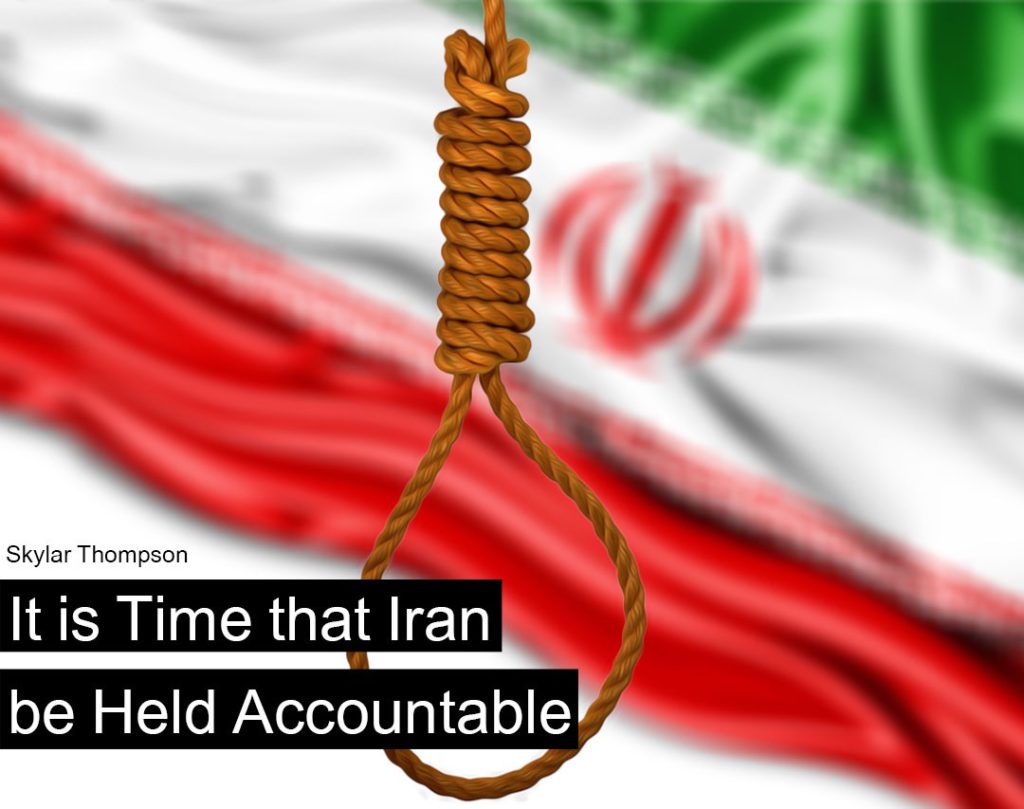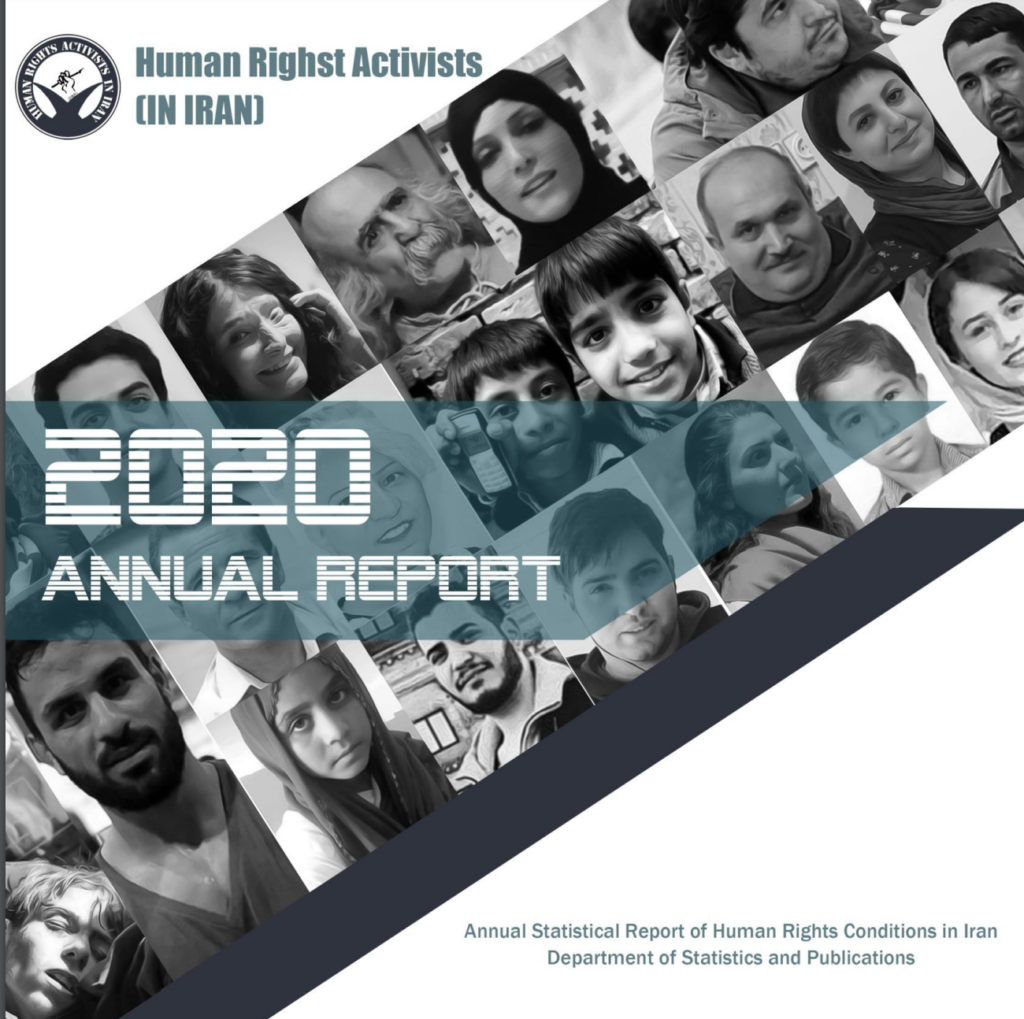According to HRA, at least 4,800 executions in last 10 years, 2,196 drug-related
As of May 2023, Iran has been executing an average of 10 people per week. From 2013 to 2023, HRANA has identified a total of 4,829 executions, out of which 2,196 were drug-related. The majority of those executed were men. Iran has also executed 41 juvenile offenders including one for a drug-related offense. It’s important to note that Iran is a state party to the International Covenant on Civil and Political Rights (ICCPR), which strictly emphasizes that the death penalty should only be used for the “most serious crimes,” and any deviation from this principle would be considered a violation of the Right to Life.
In 2017, the Iranian government accepted amendments to the country’s Drug Law, introducing 46 new articles. These amendments primarily raised the minimum possession amount for both natural and synthetic drugs before the death penalty could be imposed. As a result, individuals found with lesser amounts could face fines or imprisonment instead. This amendment, at first sight, significantly reduced the number of executions related to drug offenses. In previous years, drug charges accounted for a significant portion, ranging from 40% to 60%, of all executions. However, from 2018 to 2020, this percentage never exceeded 10%. There are a number of competing analyses surrounding this drop. Unfortunately, this positive trend was short-lived, as drug-related offenses constituted 49.20% of all executions in 2021. Despite international outcry and purported efforts to curb drug-related executions, the number of executions continues to rise, often leading to protests from the families of the prisoners.
It is crucial to acknowledge that Iran’s domestic judicial system is plagued with numerous due process violations. These violations include coerced forced confessions, torture, inhumane treatment, and a lack of adequate legal representation to name a mere few. Frequently, judges and prosecutors involved in grave right to life violations act with absolute impunity.
- Farajollah Kargar
- Seyed-Mostafa Mahmoudi Moghadam
- Mohammad Karimi
- Mohammad-Reza Amouzad
- Asadollah Jafari
- Heydar Asiabi
- Mohammad-Vali Abdollahi:
- Salman Adinehvand
- Ahmad Ghorbani
- Mohsen Nikvarz
- Ali Zare Nouri
- Yadollah Movahed
It is evident that any death sentence imposed for drug-related offenses represents a clear violation of the right to life. Skylar Thompson, Director of Global Advocacy and Accountability at HRA says, “The persistence of such executions, particularly when trials are marred by due process violations, is deeply concerning. Iran should immediately establish a moratorium on all executions, with a view to abolishing the death penalty in all circumstances.”



